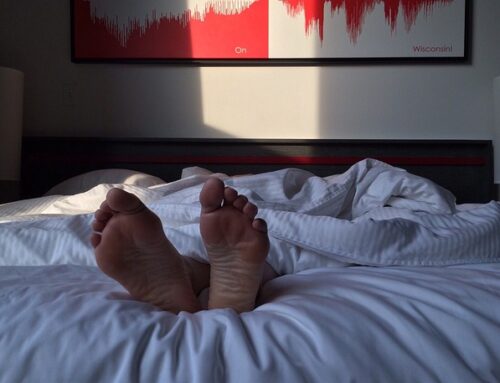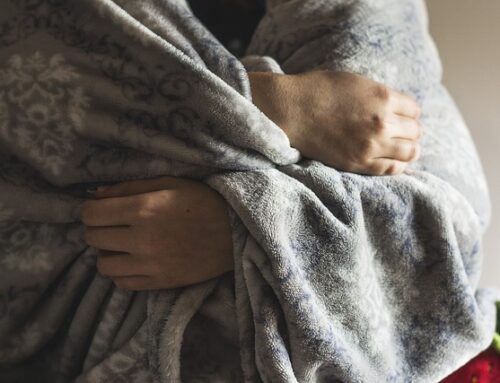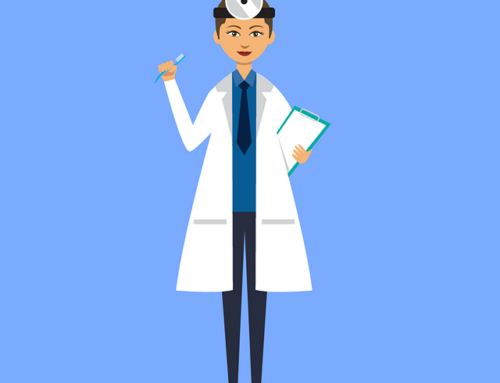Managing diabetes requires a “day-in, day-out” effort to control the factors that affect blood sugar levels. And what might make it even more difficult to manage symptoms is if you suffer from obstructive sleep apnea. A study conducted by a team of scientists, including two professors at the West Virginia University School of Medicine, is working as part of a multi-center project sponsored by the National Institutes of Health.
The team of researchers looked to assess what impact treating obstructive sleep apnea has on diabetes self-management. Let’s take a look at what impact treating OSA has on diabetes self-management for our patients.
What is the connection?
OSA is a common disease that is linked to a range of problems in patients with diabetes and those who do not suffer from this condition. From poor work performance to heart failure, sleep apnea is the reason behind many health conditions. It can even make patients with diabetes less sensitive to their insulin.
In a recent study, researchers split patients in half. One half used a CPAP machine to treat their sleep apnea, while the other half used a mock CPAP machine that looks and feels like a regular machine, but does not impart any of its benefits. Throughout the study patients also underwent periodic blood sugar checks.
While the study has not concluded yet, researchers are hopeful that treatment of sleep apnea will help improve diabetes self-management in their patients. If the study does show that using CPAP machines improves blood sugar control in patients with diabetes and sleep apnea, there will be no reason why we should not screen more of our patients with diabetes for OSA.
If a patient has been diagnosed with sleep apnea, physicians can persuade them to use CPAP machines regularly. This can work with oral appliances too. Patients with diabetes struggle so much with their sugar levels. This study can provide some relief knowing there is another option to help improve their health.
I know this study doesn’t focus on oral appliances. But should look to oral appliance therapy as a safe alternative to CPAP for our patients.




